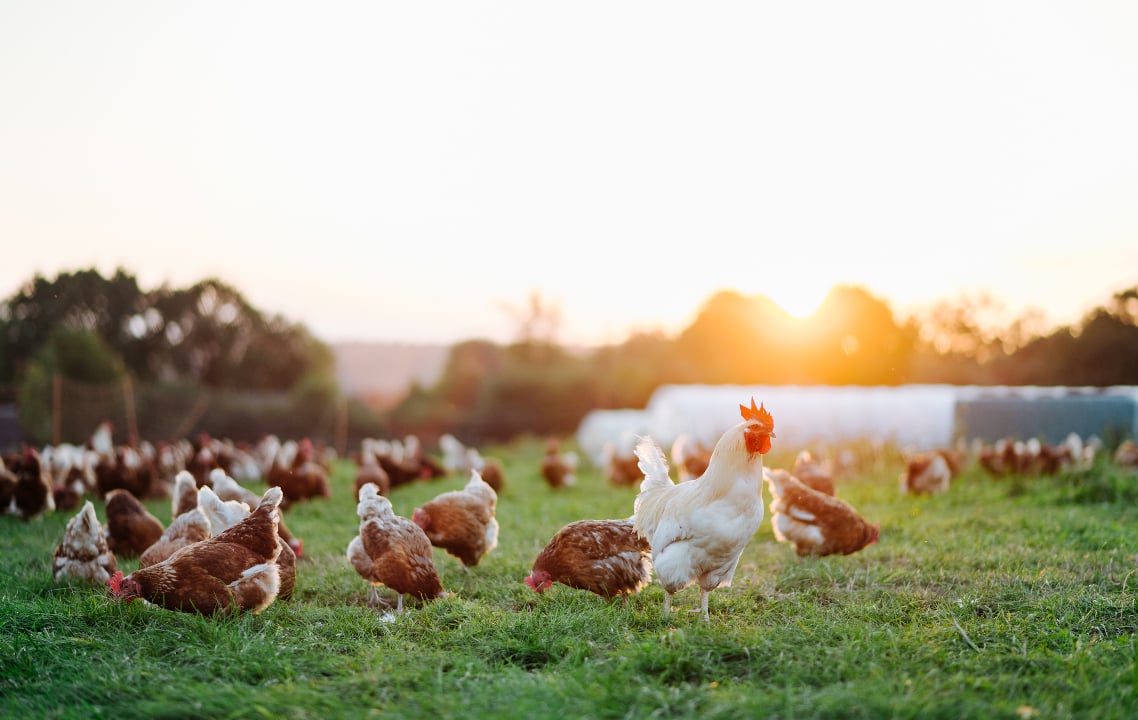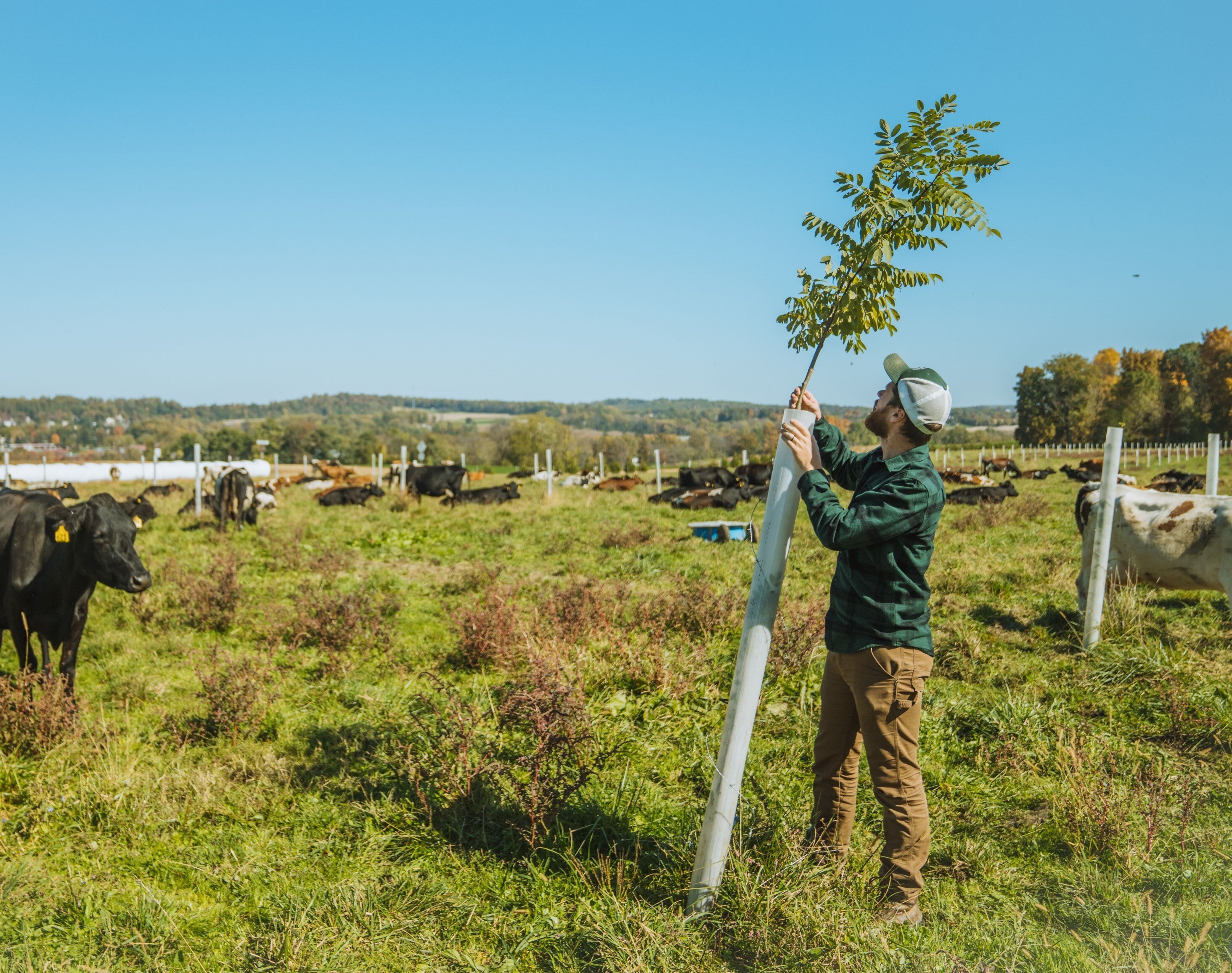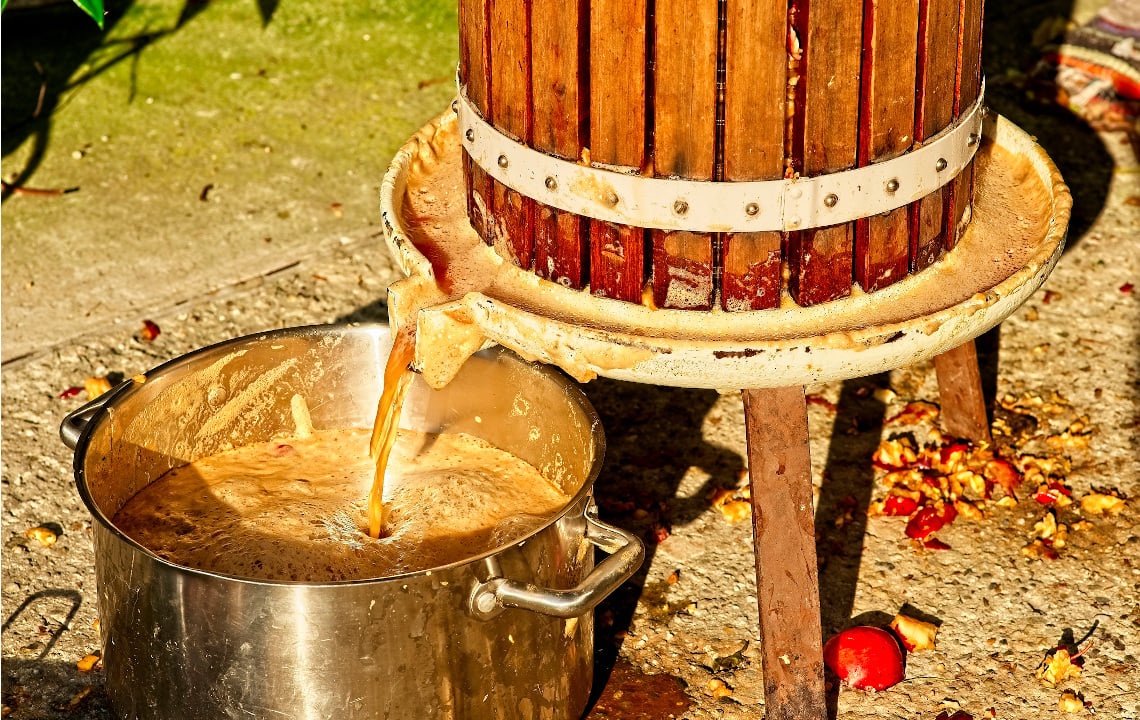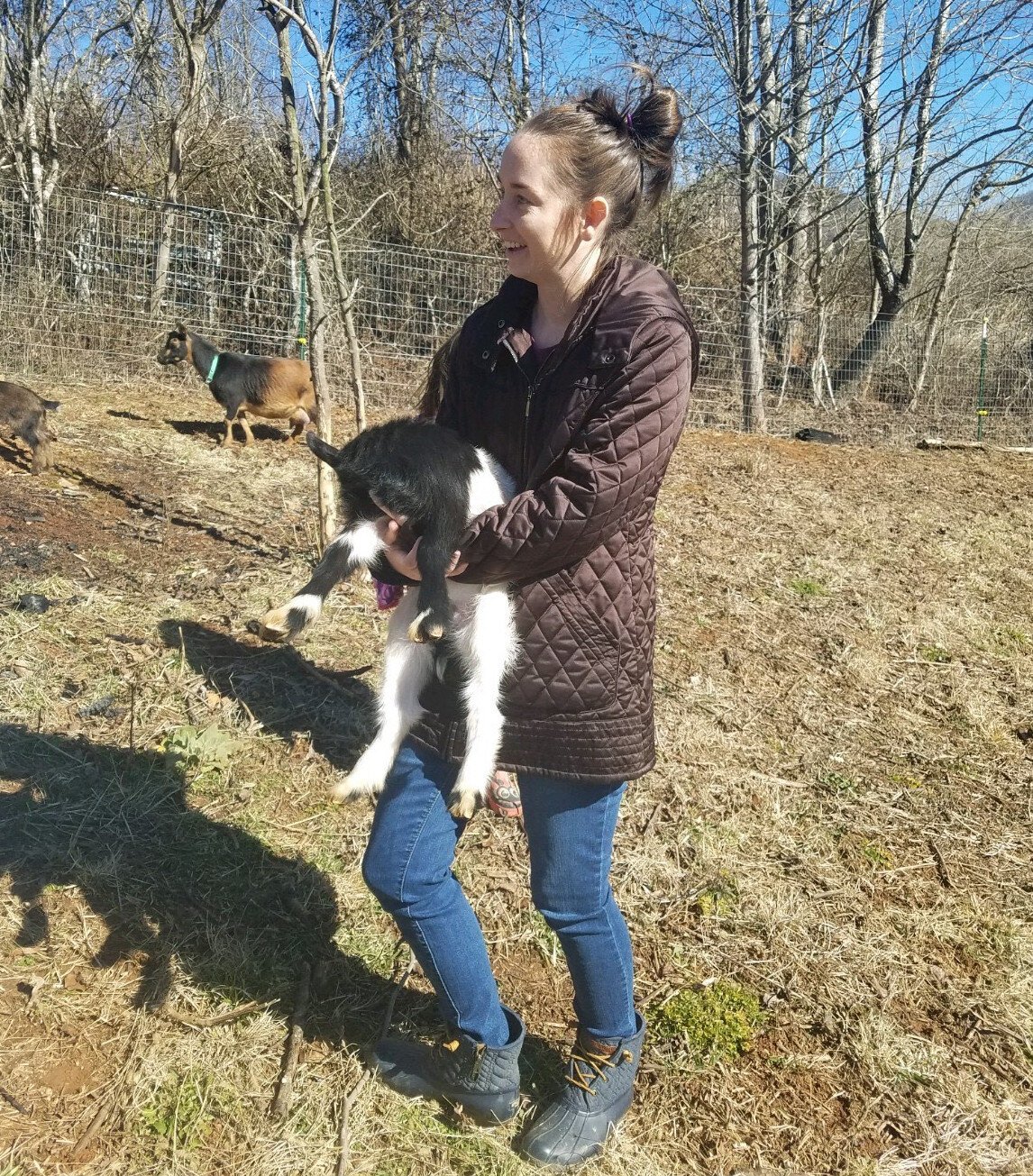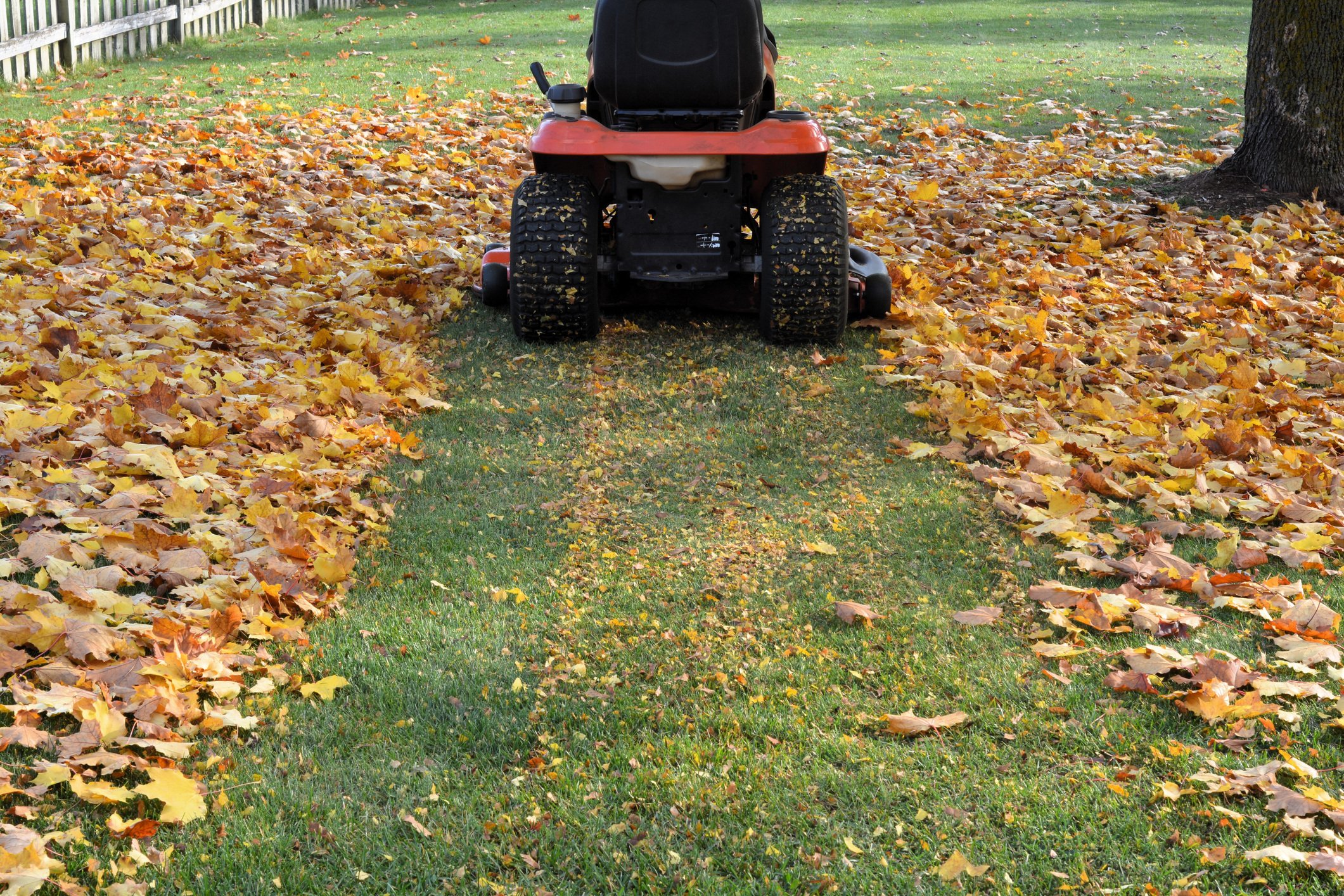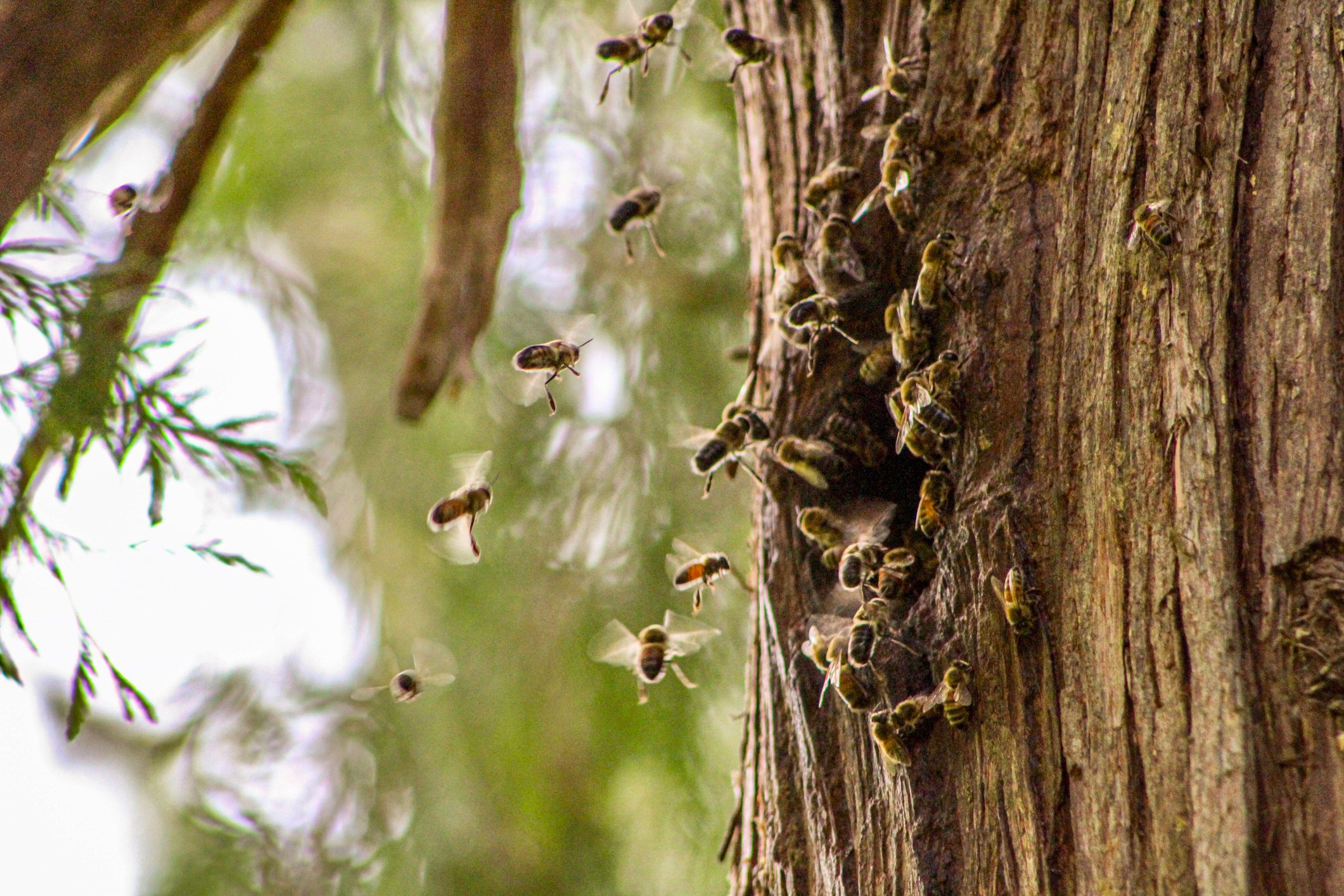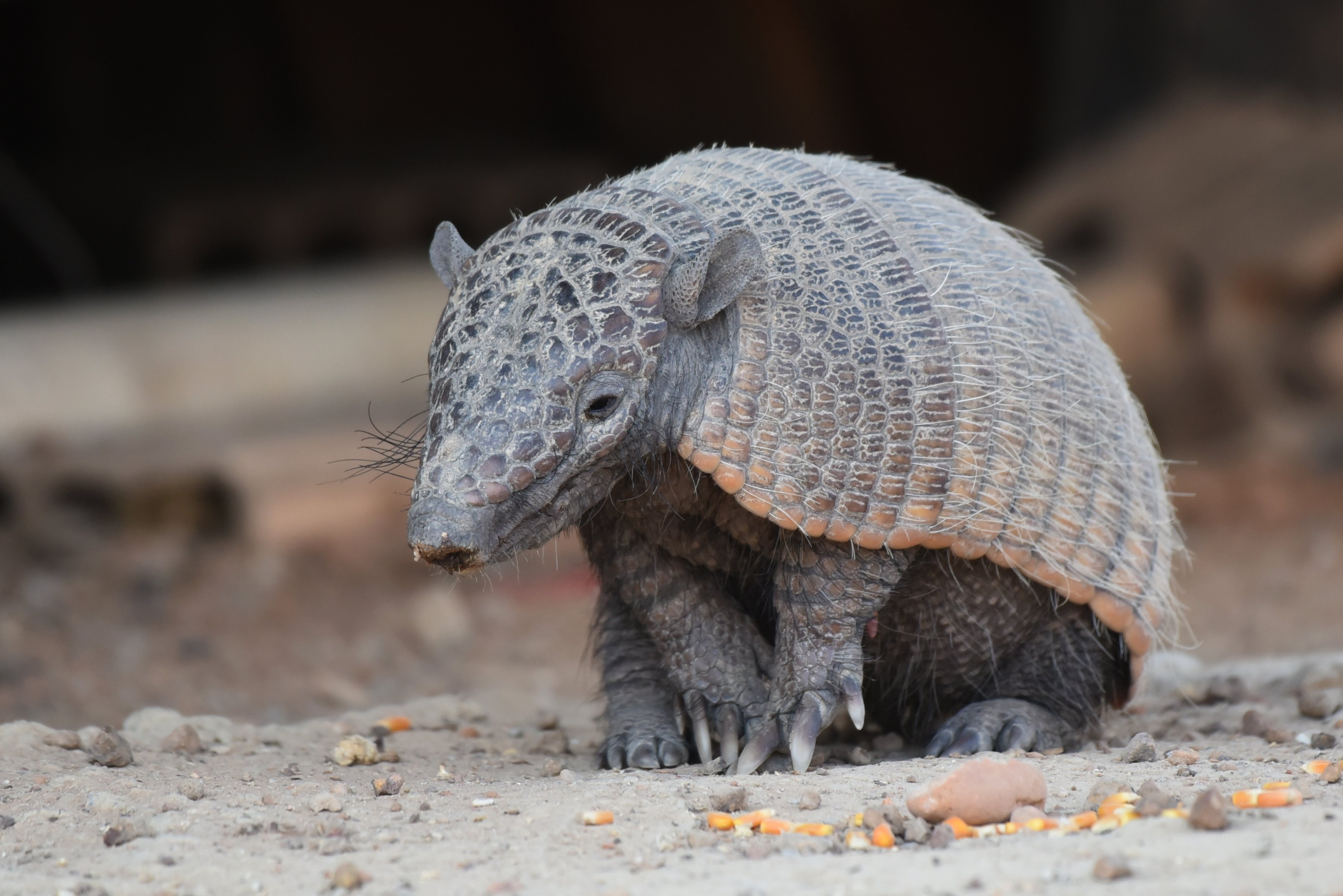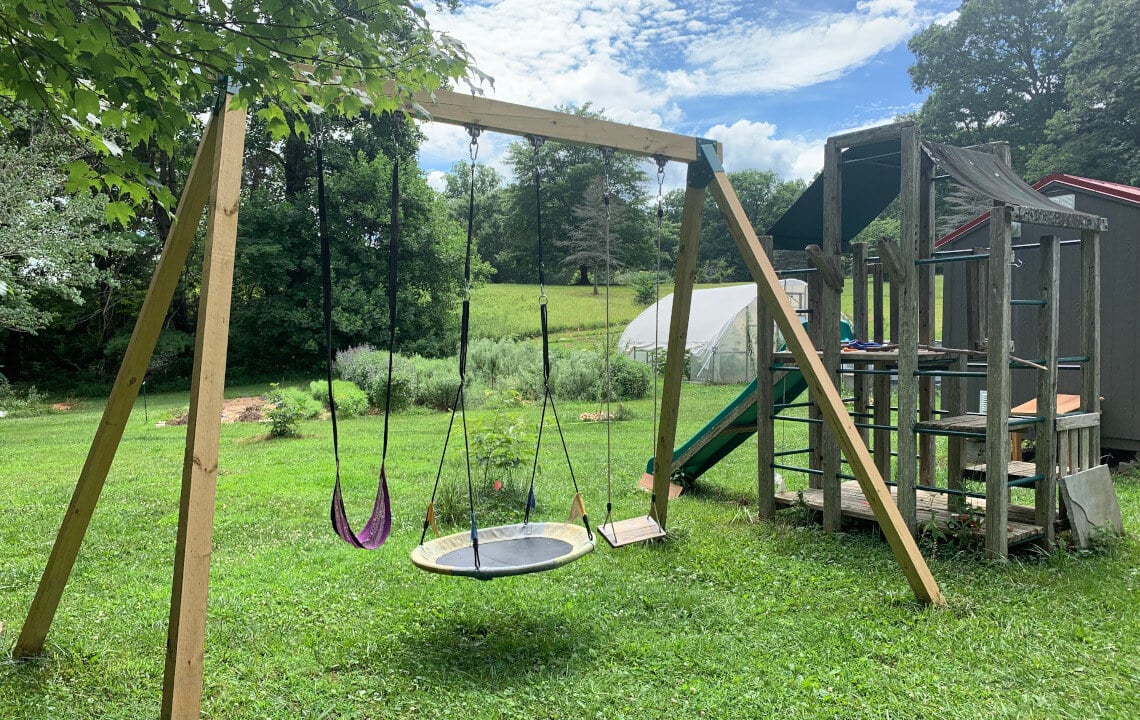Chickens and their eggs are easy prey for predators such as raccoons, coyotes and snakes. In this article, we're sharing expert advice on how to secure your chicken coop and protect your flock.
You already know that protecting your birds from predators is important. But did you know predation is the number one cause of mortality in small poultry flocks?
Poultry management experts cite two main reasons for high predation numbers. First, many birds are lost because their owners allow them to free-range, and experts say this is true even for flocks that only roam during daylight hours. And the other leading cause of high chicken predation is poor housing that does not provide secure predator protection.
Kathy Shea Mormino, also known as the "Chicken Chick," backyard chicken keeper, blogger and author of several books on the subject, including "The Chicken Chick's Guide to Backyard Chickens," says that avoiding loss to predators is possible if keepers have the right information.
"Aspiring chickeneers should educate themselves about coop design essentials and predator proofing best practices before ever looking at a hatchery catalog or thinking about breed selection," Kathy said. "Nothing sours a family on a chicken-keeping venture faster than losing pet chickens to a predator inside the coop. These disappointments are completely avoidable."
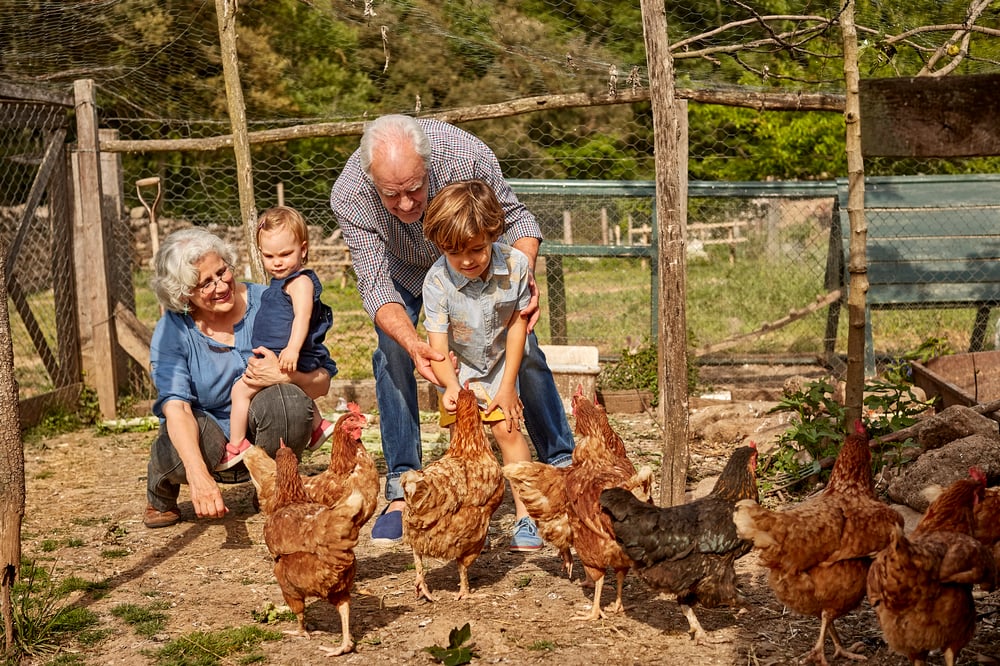
Kathy is passionate about backyard chickens and has researched the topic for years. She consults experts including veterinarians and commercial poultry professionals and shares their advice with her readers.
In addition to researching and blogging, Kathy keeps a flock of about 50 birds in her backyard. She has encountered several predators over the years, including coyotes and snakes. Kathy sat down with us to share her knowledge about protecting backyard chickens.
Here is everything you need to know for predator-proofing your coop from Kathy and other poultry experts:
#1: Learn About Poultry Predators
Chicken predators come in many shapes and sizes, including, "coyotes, foxes, bobcats, weasels and their relatives, birds of prey, racoons, opossums, skunks, rodents and snakes. Domestic animals, such as dogs and cats, can also be predators of poultry," according to Timothy McDermott, DVM, Extension Educator, in a publication for the Ohio State University Extension.
This should give you an idea of the various weaknesses to watch out for in your chicken coop and overall set-up. For example, raccoons are known for their dexterity and can open simple latches. Snakes and weasels can squeeze through holes in chicken wire.
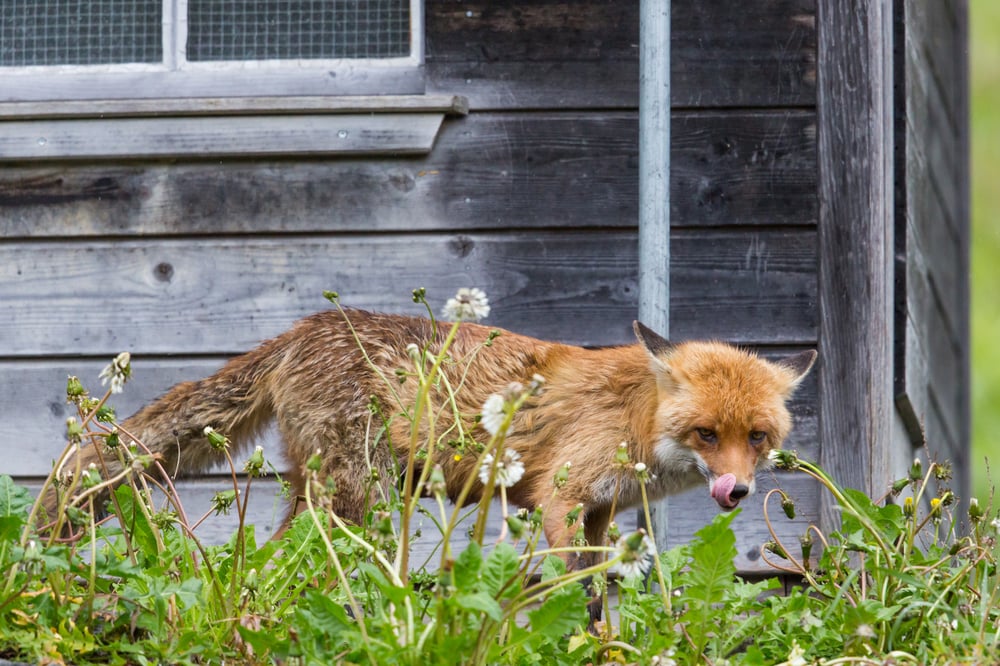
#2 :Provide a Sturdy Structure
As you probably already know, chickens need a safe, confined space where they can sleep and lay eggs.
Kathy (the "Chicken Chick") says that a sturdy hen house is a top priority for protection against predators. "Nothing should be able to get into a properly constructed coop," she said. "Every coop should be predator-proof. If a predator breaches coop security at night, we have failed our pets."
You might opt to build a hen house yourself, using one of the free designs available online. Another option is to repurpose a dog house or other suitable outbuilding that you already own. Or you could buy a pre-made coop specifically built for the job. Whatever style you choose, the structure must be made of solid, high-quality materials.
Kathy cautions against the inexpensive chicken coops widely available in hardware and big box stores. "Starter coops made of Chinese fir are typically the least expensive for a reason. They are poorly made of cheap materials with lousy design and tend not to be predator-proof."
She said predators such as raccoons can break into poorly-made wooden structures.
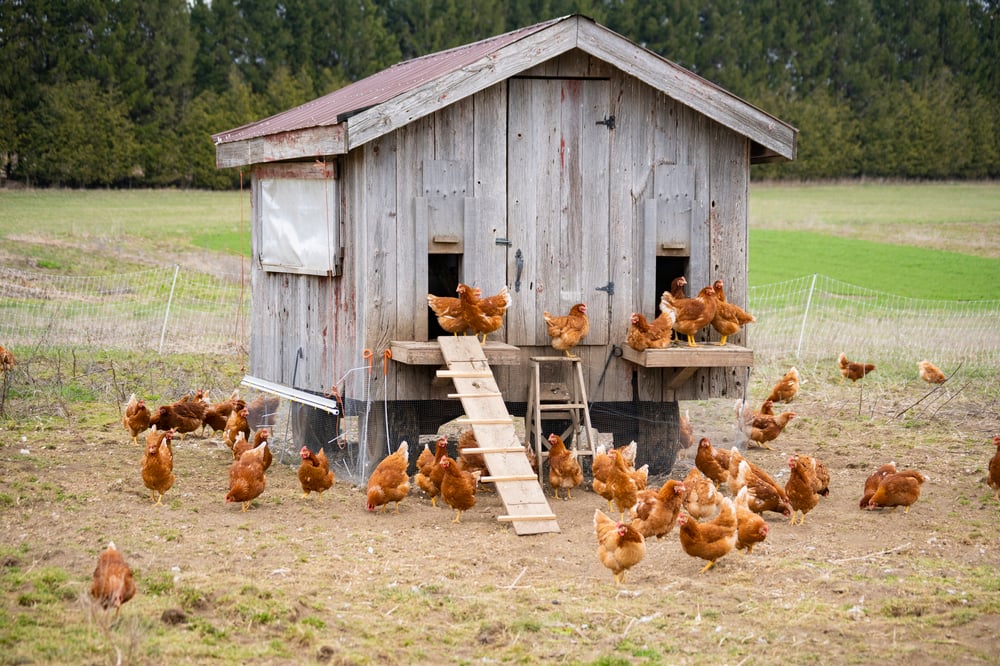
#3: Secure a Run for Daytime Chicken Activity
For daytime outdoor activity, your flock will need an attached enclosure or fenced-in run where they can move freely. There are countless ways to build a run, but keep these things in mind when it comes to predators:
Strong Safety Fence
Though some sources suggest that chicken wire or netting is sufficient to protect chickens, Kathy disagrees.
"Chicken wire is meant to contain chickens, not to exclude predators," Kathy said. "A hungry raccoon can defeat chicken wire as easily as opening an envelope. Hawks can reach through chicken wire with their talons, pulling a bird to its death. Never rely on chicken wire as a safety fencing."
Instead, Kathy recommends 12-inch hardware cloth (also sold as welded wire), which has much smaller holes than chicken wire. Make sure the fence is securely attached to fence posts, testing it to see whether a determined predator could break in.
Overhead Protection
Predators that fly won't be deterred unless the run is fully enclosed, meaning it has a proper roof or overhead coverage.
"A chicken run should have overhead protection for a variety of reasons, not the least of which is predator-proofing the flock when they are confined to the run,” Kathy said. “Ideally, the run will have a roof to protect from the elements: sun, rain and snow. If opting to predator-proof the flock without a roof, welded wire, also known as hardware cloth, should be used."
Whatever material you choose for overhead protection, avoid loose mesh material or netting. According to the Ohio State University Extension’s Poultry Predators guide:
"Birds of prey can scare birds and cause them to jump or fly up, allowing their heads to protrude through the meshing. Raccoons will reach through openings, grabbing and ripping off the bird’s head through the meshing."
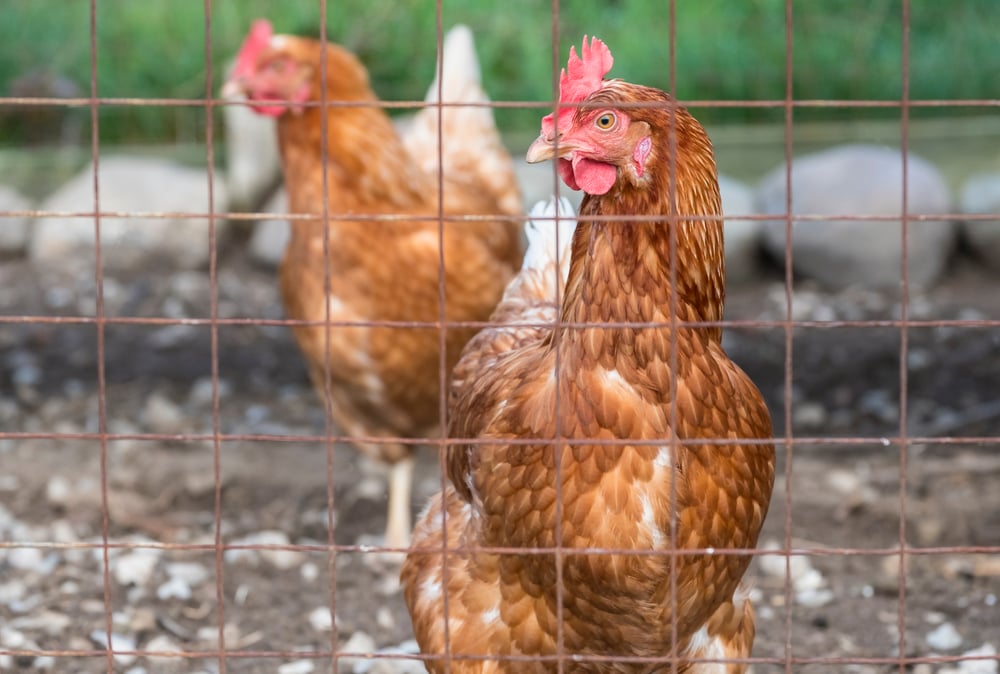
Protect the Perimeter
To protect your birds from predators that dig, you can bury fence posts and hardware cloth six to twelve inches below the surface. If you want to avoid digging a trench, another option is to create an apron of hardware cloth on the ground around the perimeter, which should extend outward, twelve inches past the fence.
If the coop has a dirt floor, you must protect it from digging predators, with buried hardware cloth or an apron. And be sure to inspect the coop and check for holes any larger than one-quarter of an inch. Cover any openings with hardware cloth, which should be secured to the coop with screws and washers, rather than staples. This includes windows; screens will not deter predators.
Consider the Risks When Deciding Whether to Free-Range
"Whether to free-range a flock is a personal decision," Kathy said. "Chicken keepers should understand that there is always a risk of losing flock members to predators if they free-range. Each chicken keeper needs to assess their personal risk tolerance for loss to predators."
Kathy has lost hens in broad daylight to coyotes and says that other predators hunt during the daytime as well.
One option, if you’re set on a free-range management style, is to provide a livestock guard dog that’s been trained for the job to watch over your flock.
#4: Keep a Clean Coop and Avoid Attracting Wildlife
Chicken feed attracts a variety of creatures, including pests such as rodents. Rats will kill young chickens and destroy eggs.
Kathy said it's best to keep chicken feed outside of the coop, in the enclosed run. She also recommends closed treadle feeders, which only open when birds step on the attached metal plate. This method cuts down on the amount of feed on the ground, avoiding the problem of attracting wildlife.
#5: Inspect the Coop Regularly and Keep Educating Yourself on Best Practices
Though we’ve covered the basics here on securing a chicken coop, remember to inspect your set-up regularly to make sure there haven’t been any breaches. Small weaknesses can lead to bigger problems down the road if not dealt with quickly.
Visit Kathy’s blog and our other chicken stories for more information on keeping backyard chickens.
Sources:
Edwards, Anne, et al. April 1, 2008. Keeping Garden Chickens in North Carolina. Available at: https://content.ces.ncsu.edu/keeping-garden-chickens-in-north-carolina
McDermott, Timothy, et al. Predators of Poultry. Available at: https://ohioline.osu.edu/factsheet/vme-22.


